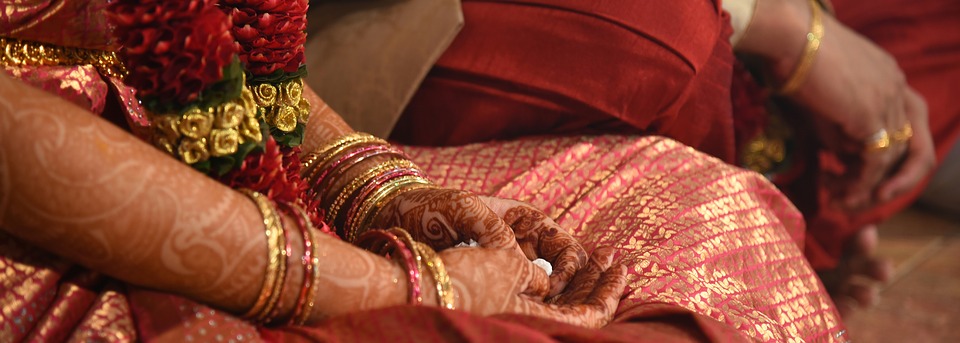On Sep. 14 2018 Perumalla Pranay was hacked to death. His crime was that he married to the love of his life. A few weeks back Supreme Court struck down a part of section 377 which criminalised consensual sex between adults of the same gender. The whole country, in fact the world celebrated this monumental judgement and rightly so. India has stuck to it’s age old beliefs and customs, some of which have served her really well but others have chained her down from growing in the modern times.
According to a The India Human Development Survey (IHDS), conducted by the National Council for Applied Economic Research (NCAER) and the University of Maryland only 5% of marriages in India are inter-caste. It is assumed that educated people in India are very liberal and this trend reflects the events in India’s rural areas but the statistics show otherwise. The urban areas are not too far ahead when it comes to inter-caste marriages.
An honour killing is the murder of a member of a family, due to the belief that the victim has brought shame or dishonour upon the family, by marrying or having a relationship outside one’s caste or religion. In 2015, more than 250 honour killings took place in India. These crimes largely go unreported as the community thinks it brings shame to the family. Khap Panchayats which are caste or community groups, present largely in rural areas of north India which at times act as quasi-judicial bodies and pronounce harsh punishments based on age-old customs. A lot of couples have fallen prey to these judgements and have lost their life in the process. In March 2018, the Supreme Court declared it illegal for Khap Panchayats to stall marriage between consenting adults. Maharashtra is planning to bring in a law which promotes inter-caste marriages. The Government of India’s ‘Dr Ambedkar scheme for social Integration through inter caste marriage’ was started in 2013, which provided a one-time incentive of Rs 2.5 lakh to couples where either the bride or bridegroom is a Dalit.
It has been in countless social issues in India that law alone cannot prevent such crimes. The government can bring in legislations and reward people but what is required from its citizens is to have awareness and spread that awareness in their community. Until then, Perumalla Pranay’s wife Amrutha who is pregnant with their child and is fighting a court case with her own parents can just hope that such atrocities are not committed against people whose only crime was that they fell in love.
Thank you for reading the story until the very end. We appreciate the time you have given us. In addition, your thoughts and inputs will genuinely make a difference to us. Please do drop in a line and help us do better.
Regards,
The CSR Journal Team

